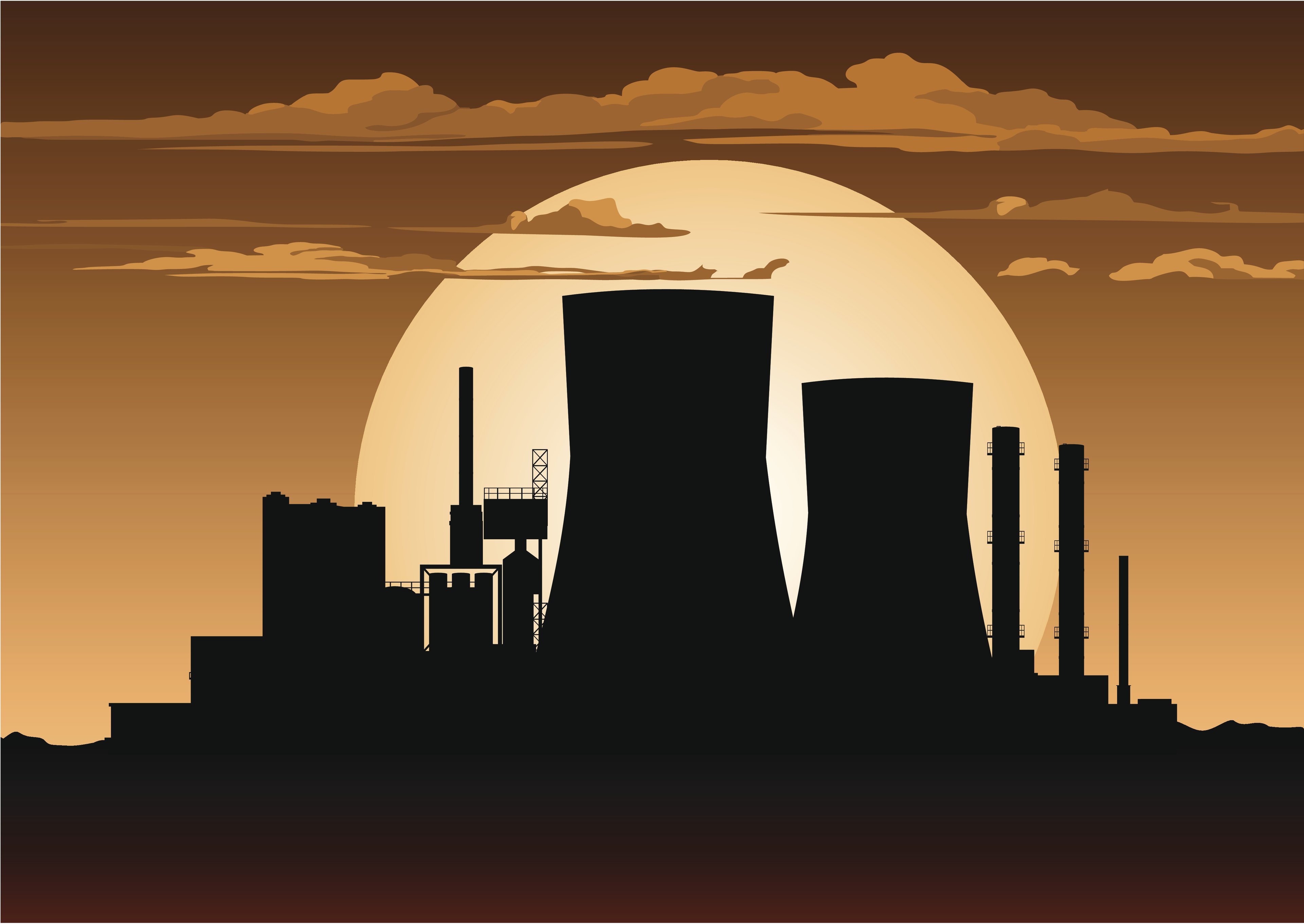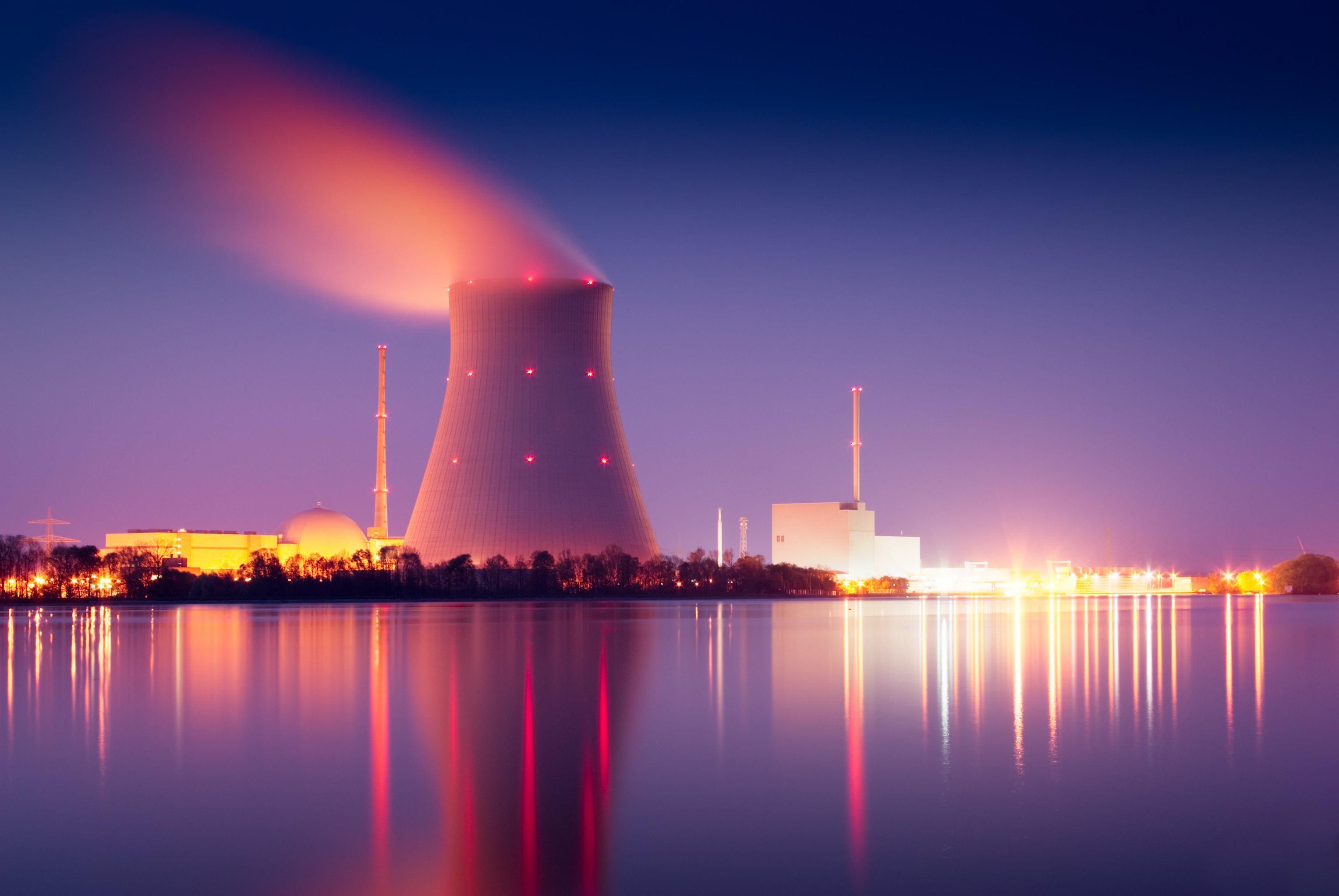When market miracle Nvidia (NVDA 0.72%) first became a trillion-dollar company in 2023, a lot of smart people warned that its valuation had shot up too fast and that it couldn't grow much further.
By the end of 2024, Nvidia's dominance in the artificial intelligence (AI) chip niche had boosted its market cap by another 185% to $3.3 trillion, and even more people (including me) thought it couldn't possibly go much higher.
So far in 2025, Nvidia's market cap has increased by another 32% to $4.3 trillion, and a lot of people are wishing they'd bought its "overvalued" shares back in 2023.
Another AI-related hopeful, nuclear power start-up Oklo (OKLO 7.46%), has seen its shares rise by an astonishing 1,200% over the last year. But I think that, like Nvidia, its stock could be poised for even more record-breaking gains. Here's why.

NYSE: OKLO
Key Data Points
Nuke that data
Say you want to build an energy-hungry facility like an AI data center. It'll take a lot of electricity to power both the servers and processors, plus more to power the massive cooling systems that such hardware requires. That means one of your biggest concerns will be finding electricity that's cheap and abundant.
Unfortunately, cheap electricity is getting harder to find. Demand -- fueled in part by a massive increase in demand from computing infrastructure like yours -- is rapidly surpassing available supply. Electricity rates are only expected to rise further in both the short and long term. Some AI-focused companies like Microsoft and Meta Platforms have been contracting with solar power developers to secure renewable energy to power their data centers. But massive solar and wind farms can't be built just anywhere. What if the site you've chosen for your data center is nowhere near a large tract of available land that can be effectively used to generate clean power?
Oklo offers a novel solution: colocation. Its small modular nuclear reactors (SMRs) have much smaller footprints than solar or wind farms, or even traditional nuclear plants. If a company contracts with Oklo to house an SMR in its data facility, it gains a reliable source of cheap, zero-emission electricity. Oklo is currently working with engineering company Vertiv to develop cooling systems, powered by SMRs, that can provide the necessary cooling for both a data center and the reactor.
If this idea catches on -- and we'll talk about why it hasn't -- Oklo could see its business and its share price scale along with the AI and data center boom -- the same boom that has propelled Nvidia to its $4 trillion valuation.

Image source: Getty Images.
The devil's in the details
One big reason why Oklo's small modular reactors haven't yet been deployed for this purpose is that it hasn't yet built a working one. In fact, hardly anyone has: The number of working SMRs in the world is in the single digits, and none of them are in the U.S. It's an as-yet-unproven technology -- and no management team wants to make an expensive bet on an unproven power source for their giant data center, only to find out later that it doesn't work as expected, leaving them stuck paying market rates for electricity from the local grid.
However, Oklo was recently chosen to participate in the U.S. Department of Energy's Nuclear Reactor Pilot Program. The program's goal is to have at least three advanced reactors operational by July 2026. This could be the boost that Oklo needs to cut through some regulatory red tape and accelerate its timeline for deployment, which it is currently projecting as 2027.
Even if Oklo is able to produce a working prototype SMR by 2026, it will still be a long way away from dominance in the data center power supply business. But it will have taken a critical first step toward viability, and its share price will likely rise in anticipation of further successes.
Risk-tolerant investors may want to take advantage of the company's recent share price drop and invest now, because if Oklo can pull off this impressive engineering feat, even after a 1,200% run-up, its shares are likely to skyrocket even further.






